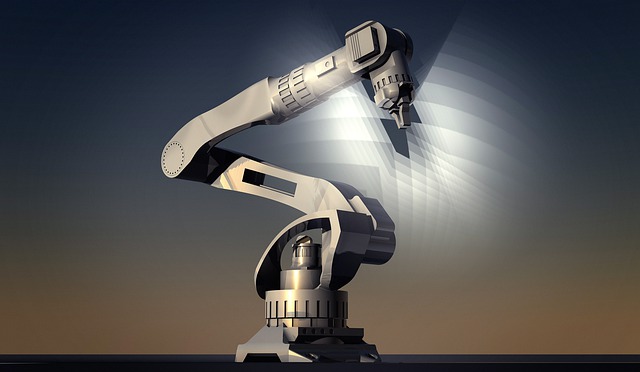Reinforcement learning is a powerful branch of artificial intelligence (AI) that focuses on training AI systems to make autonomous decisions by interacting with an environment. Inspired by the way humans learn from trial and error, reinforcement learning algorithms enable AI agents to learn optimal strategies through feedback and rewards. We will explore the concept of reinforcement learning and its applications in training AI to make autonomous decisions.
Understanding Reinforcement Learning
Reinforcement learning involves an AI agent interacting with an environment and learning from the consequences of its actions. The agent receives feedback in the form of rewards or penalties based on its actions, allowing it to learn which actions lead to desirable outcomes. Through continuous exploration and exploitation, the agent strives to maximize its cumulative reward, gradually improving its decision-making abilities.
Applications in Robotics and Autonomous Systems
Reinforcement learning has shown remarkable success in training robots and autonomous systems to perform complex tasks. From autonomous vehicles navigating through traffic to robotic arms manipulating objects, reinforcement learning enables these systems to learn and adapt in dynamic environments. By providing rewards for desired behaviors, the AI agent can acquire the skills necessary to accomplish tasks effectively and safely.
Gaming and Strategy Development
Reinforcement learning has been widely applied in the field of gaming, where AI agents can learn to play games at a superhuman level. By interacting with the game environment, the agent learns optimal strategies to maximize its rewards. This has led to breakthroughs in games like chess, Go, and video games, where AI-powered agents have defeated human champions, showcasing the power of reinforcement learning.
Personalized Recommendations and Advertisements
Reinforcement learning algorithms are also utilized in personalized recommendation systems, such as those used by streaming platforms, e-commerce websites, and social media platforms. By continuously learning from user interactions and feedback, the AI agent can provide personalized content, products, and advertisements, improving user experiences and driving engagement.
Resource Management and Optimization
Reinforcement learning can assist in resource management and optimization problems. For example, in energy management, AI agents can learn to optimize energy usage in buildings by adjusting parameters based on energy consumption and cost factors. Similarly, in supply chain management, reinforcement learning algorithms can learn to optimize inventory levels, distribution routes, and production schedules.
Healthcare and Treatment Strategies
Reinforcement learning holds promise in healthcare, where AI agents can learn optimal treatment strategies based on patient data and medical guidelines. By analyzing patient outcomes and adjusting treatment plans, reinforcement learning algorithms can assist healthcare professionals in making informed decisions and providing personalized care.
Reinforcement learning plays a vital role in training AI systems to make autonomous decisions in dynamic environments. By leveraging rewards and feedback, these algorithms enable AI agents to learn optimal strategies and adapt to various situations. From robotics and gaming to personalized recommendations and healthcare, reinforcement learning has far-reaching applications that continue to advance the capabilities of AI. As technology progresses, the use of reinforcement learning is expected to expand further, leading to more intelligent and autonomous systems that can make complex decisions and solve real-world problems.
Book Scott Today
Book Scott to keynote at your next event!
Managing Partner at Astor Perkins, TEDx, Top Global Innovation Keynote Speaker, Forbes, Singularity University, SXSW, IBM Futurist, Tribeca Disruptor Foundation Fellow, National Sloan Fellow, Wiley Author, TechCrunch, Winner of Innovation Awards.


















